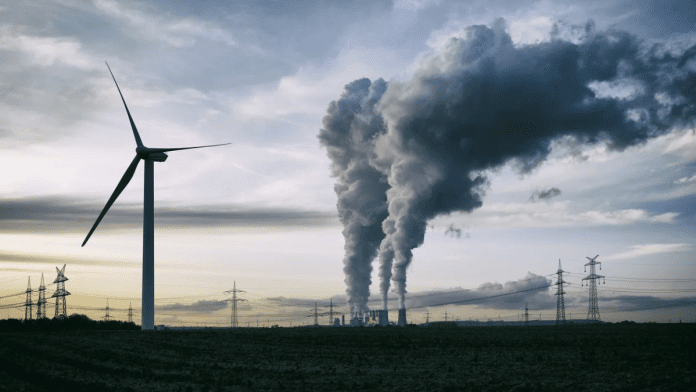🕒 Last updated on July 24, 2025
A $4.9 billion federal loan guarantee intended for a significant green energy project has been canceled by the Trump administration in an unexpected move.
Major Setback for Clean Energy Plan
This project, called the Grain Belt Express, is designed to carry clean electricity—made from wind and solar—across nearly 800 miles. The electricity would move from Kansas to Indiana, helping power millions of homes in the eastern United States.
The U.S. Department of Energy (DOE) announced the cancellation this week. Officials said they no longer see a need for the federal government to support the first phase of the project. They also questioned whether the $11 billion plan could meet all the financial requirements that are necessary to receive the government’s help.
Even though the federal loan guarantee has been removed, the company behind the project has said it still plans to move ahead using private financing. The Grain Belt Express, if completed, could deliver up to 5,000 megawatts of clean power. That’s enough to light up millions of homes.
This decision has sparked strong reactions across the country. Supporters of clean energy believe the move will slow down progress at a time when electricity demand is increasing and energy costs are already high.
Political Pressure and Controversy Over Land Rights
The Grain Belt Express has been the target of loud resistance from certain politicians. They argued that the project was harmful to farmers and private landowners. Critics called it a land grab and said it would allow the company to sue people in order to take over land for building the power line. In fact, records show that the company has already filed dozens of lawsuits in Missouri to gain control over certain pieces of land.
Several officials praised the loan cancellation. They called it a win for rural communities and said it protects the rights of landowners. However, others see it differently. Environmental groups say canceling the loan was a poor decision. They believe it will raise power bills and make the power grid less stable. These groups argue that the project could have brought big savings—up to $52 billion over 15 years—and created 4,000 new jobs.
Supporters of the project also say it could have strengthened the U.S. power system. They argue that more clean energy would have helped balance the electricity supply, especially during high-demand periods like heatwaves or winter storms.
Clean Energy vs. Fossil Fuel Debate Continues
The decision to cancel the loan guarantee came on the same day a new plan was announced to boost artificial intelligence (AI) development. The plan included faster approval for new data centers and factories, which will need a lot more electricity. Many people questioned the timing. They wondered why the government would cut support for a major clean power project just as demand for electricity is expected to grow.
Some experts have also raised legal concerns. They believe the cancellation may have broken rules that say the Department of Energy must follow through if a project meets the conditions for a loan guarantee. The former head of the office that handled such loans said the move could be challenged in court.
🚨 China’s silent takeover: battery plants and billion-euro deals replace football clubs in Europe
Meanwhile, the company behind the Grain Belt Express still plans to continue with construction. They hope to begin building next year. The power line is expected to travel through Kansas, Missouri, Illinois, and Indiana, linking to the larger electricity grid in the East.
Even though it has lost federal support, the project is being called “America’s largest power pipeline.” Supporters say it still fits with the larger vision of energy independence, lower costs, and more American jobs.
But strong opposition remains, especially from people who don’t want the power line crossing their property. State officials in Missouri have promised to continue fighting the project if it moves ahead without their approval.
The debate around the Grain Belt Express shows how tricky it can be to build big clean energy projects in the United States. It also highlights how land use, politics, and power all come together in major national decisions.
For now, the Grain Belt Express faces a future without the $4.9 billion safety net from the government. But with private funding still on the table, the battle over this massive energy project is far from over.

